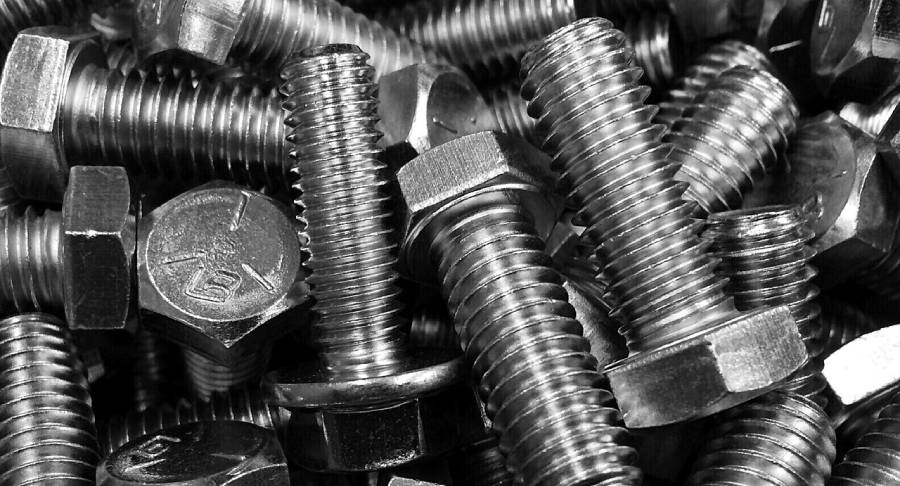The unsung heroes of countless industries are fasteners as they play a key role in holding structures together. Fasteners keep things stable, make things durable, and ensure things work as they should.
Although they may seem simple in function, fasteners are available in a wide variety that are used in diverse applications. This blog debunks the major categories of fasteners, their uses, and what makes them different from each other.
1. Bolts and Screws
Fasteners that are the most commonly used are bolts, screws, etc. Though they seem the same, their functions are slightly different. Screws however are made to thread directly into materials, whereas bolts usually need a nut to secure an object. There are numerous variations of both, including hex bolts, carriage bolts, wood screws, and machine screws.
Bolts are used for structural applications, while screws are dominate the woodworking, metalworking, and even a DIY project. Traditionally, these fasteners are made of steel, stainless steel, brass, or aluminum, with a good strength and corrosion resistance balance. Be sure to seek assistance from premium fastener suppliers to learn more.
2. Nuts
Nuts act as a perfect partner to bold, enhancing the overall strength of the structure. They are available in diverse shapes and sizes such as hex nuts, lock nuts, and wing nuts. In the automotive industry, lock nuts are designed to prevent loosening from vibration and are implemented in dynamic industrial applications. Conventionally, fastener suppliers in India offer nuts that are used together to assemble heavy machinery, furniture, and infrastructure components.
3. Washers
Washers are small, thin discs that are inserted between the head of a bolt or screw, and the surface to which the bolt or screw is being attached. They help spread the load evenly, reduce friction, and prevent damage to the surface. Some of the most popular washer types include lock washers, flat washers, and fender washers. These fasteners are fundamentally used in mechanical plumbing and automotive applications.
4. Rivets
Rivets are permanent fasteners and are perfect for applications such as those where dismantling is not required. The first one is comprised of a smooth cylindrical shaft with a head at one end. After installation, the rivet’s tail is deformed to help keep it in place. Rivet fasteners are commonly in the aerospace, automotive, and construction industries. These fasteners are lightweight, durable, and vibration-resistant.
5. Anchors
Anchors are precisely designed to act as a strong fastening solution for materials such as concrete, brick, or drywall. In heavy-duty applications, they are essential as they expand in the material creating a secure hold. Wedge anchors, sleeve anchors, and toggle bolts are common varieties of Anchor fasteners. These fasteners have a head that is ideal for securing shelves and heavy machinery.
Final Overview
Small as they may be, fasteners have an enormous influence on the integrity and safety of structures. There are thousands of fastener options available from bolts and screws, to rivets and anchors, and the right fastener is critical to long-term stability and performance. By understanding the types of fasteners and how their uses, you can make informed decisions that ensure the quality and longevity of your projects.
Featured Image Source: https://pixabay.com/photos/industry-bolt-fastener-screw-steel-3075420
